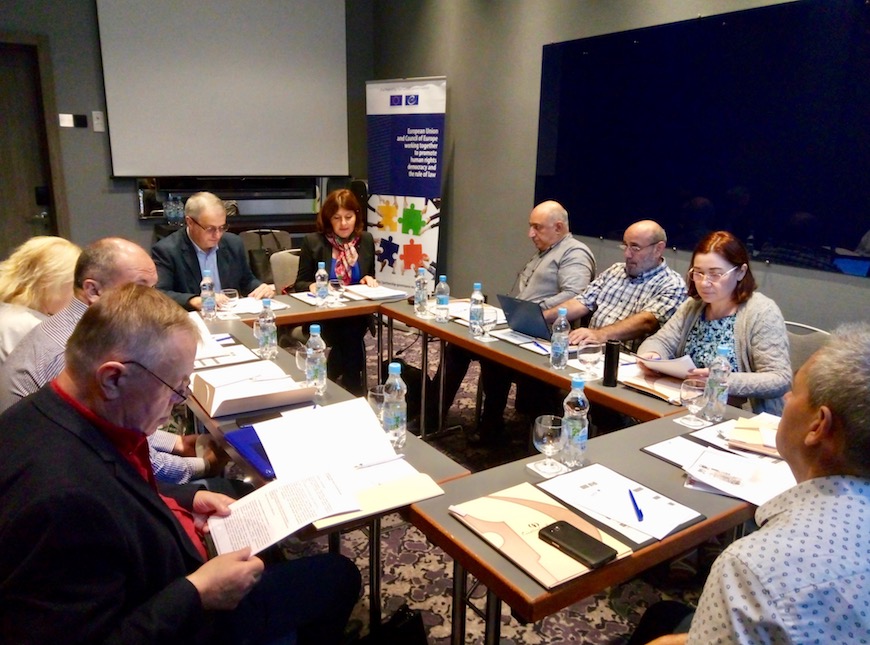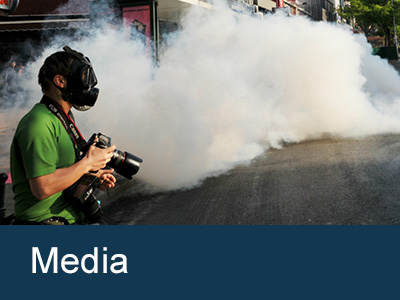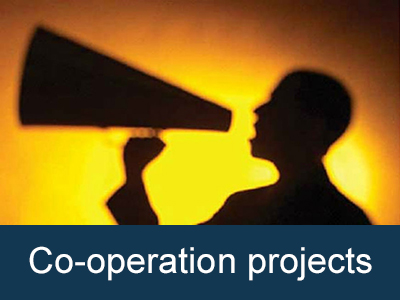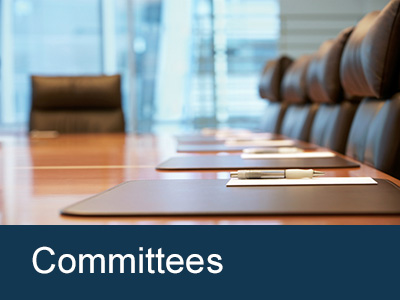With the support of the joint EU/CoE Partnership for Good Governance regional project "Promote Professional Journalism by Supporting Regional Network of Self-regulatory Bodies" the first meeting of the Commission to confront propaganda, a consultative body for cross-border media complaints took place on 14 September 2017 in Kiev, Ukraine. The Commission was established in 2016 by the Network of Self-Regulatory Bodies of 6 Eastern Partnership Countries and Russia. The meeting in Kiev brought together 11 participants from Armenia, Azerbaijan, Georgia, Moldova, Ukraine, Belarus and Russian Federation.
The mandate of the Commission to confront propaganda is to consider complaints from any of the 7 countries on media operating in another country of the region. On the basis of regulations and recommendations adopted by the national self-regulatory bodies, which are members of the Network, it discussed in the first meeting 5 cross-border complaints from Armenia, Georgia and Ukraine on publications which, according to their initiators, disseminate hate speech, discrimination, racism and xenophobia. As a result of the discussion the Commission will issue Opinions that have a recommendatory character, provide guidance and set standards corresponding to the commonly accepted principles of journalistic ethics. Once the Opinions are finally approved in October 2017 they shall be published by the Network and by the national self-regulatory bodies.











